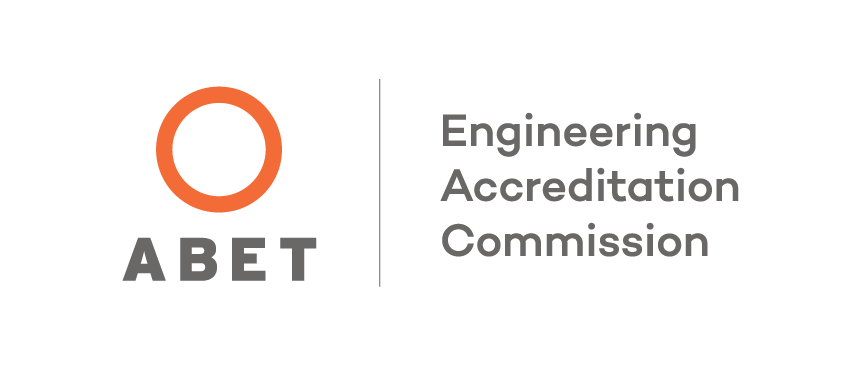Industrial engineering accreditation
The Bachelor of Science in Industrial Engineering program at Wayne State University is accredited by the Engineering Accreditation Commission of ABET, https://www.abet.org, under the commission’s General Criteria and Program Criteria for Industrial and Similarly Named Engineering Programs.

Program mission
The mission of the undergraduate program in industrial engineering is to educate our students for leadership positions in a broad spectrum of employment including: manufacturing, supply chain management and logistics, health care, banking, information management, and related disciplines.
Program vision
The Department of Industrial and Systems Engineering offers the B.S. in Industrial Engineering to prepare students for a broad range of employment opportunities that include operations management, manufacturing, and healthcare. Our vision is to produce graduates who will lead their organizations to competitive advantage by applying the tools and techniques of industrial engineering. We believe that exposing students to diverse industries in our educational program will enhance their professional skills.
Enrollment and graduation statistics
| Year (Fall semester) | Enrollment | Degrees awarded |
|---|---|---|
| 2024 | 42 | 13 |
| 2023 | 36 | 11 |
| 2022 | 37 | 16 |
| 2021 | 52 | 28 |
| 2020 | 61 | 26 |
| 2019 | 70 | 22 |
| 2018 | 78 | 17 |
Enrollment data reflects the total number of students in BS in IE pre-professional and professional engineering programs.
Program criteria
Our Industrial Engineering program satisfies the following ABET's EAC criteria for Industrial Engineering Programs:
- Curriculum: The curriculum must provide both breadth and depth across the range of engineering science, computer science, and engineering design topics implied by the title and objectives of the program. The curriculum must include design, analysis, operation and improvement of integrated systems that produce or supply products or services in an effective, efficient, sustainable and socially responsible manner. The curriculum must utilize real-world experiences and business perspectives. The curriculum must include the topical areas of productivity analysis, operations research, probability, statistics, engineering economy, and human factors.
- Faculty: The program must demonstrate that faculty members who teach core industrial engineering courses have an understanding of professional practice and maintain currency in their respective professional areas.
Program educational objectives
To support the vision of our program we have defined four high-level objectives we expect our students to achieve within a few years of graduation (this is ABET language, and we interpret this to be 3-6 years for our program):
Building on skills developed in the academic program, and extended by experience and personal self-improvement, the graduates of our program have the ability to:
- Effectively leverage technical knowledge, expertise in decision making, system design, thinking, and analysis.
- Take on leadership roles, actively engage in multidisciplinary teams, and participate in professional organizations.
- Grow professionally through lifelong learning while staying attuned to the latest trends in industrial engineering.
- Contribute to the local and global communities, enriching the social and economic environment of society.
Student outcomes
ABET defines program outcomes as "statements that describe what students are expected to know and be able to do by the time of graduation." These relate to the skills, knowledge, and behaviors that students acquire in their matriculation through the program.
IE Program Student Outcomes are as follows:
- an ability to identify, formulate, and solve complex engineering problems by applying principles of engineering, science, and mathematics.
- an ability to apply engineering design to produce solutions that meet specified needs with consideration of public health, safety, and welfare, as well as global, cultural, social, environmental, and economic factors,
- an ability to communicate effectively with a range of audiences,
- an ability to recognize ethical and professional responsibilities in engineering situations and make informed judgments, which must consider the impact of engineering solutions in global, economic, environmental, and societal contexts,
- an ability to function effectively on a team whose members together provide leadership, create a collaborative and inclusive environment, establish goals, plan tasks, and meet objectives,
- an ability to develop and conduct appropriate experimentation, analyze and interpret data, and use engineering judgment to draw conclusions,
- an ability to acquire and apply new knowledge as needed, using appropriate learning strategies.